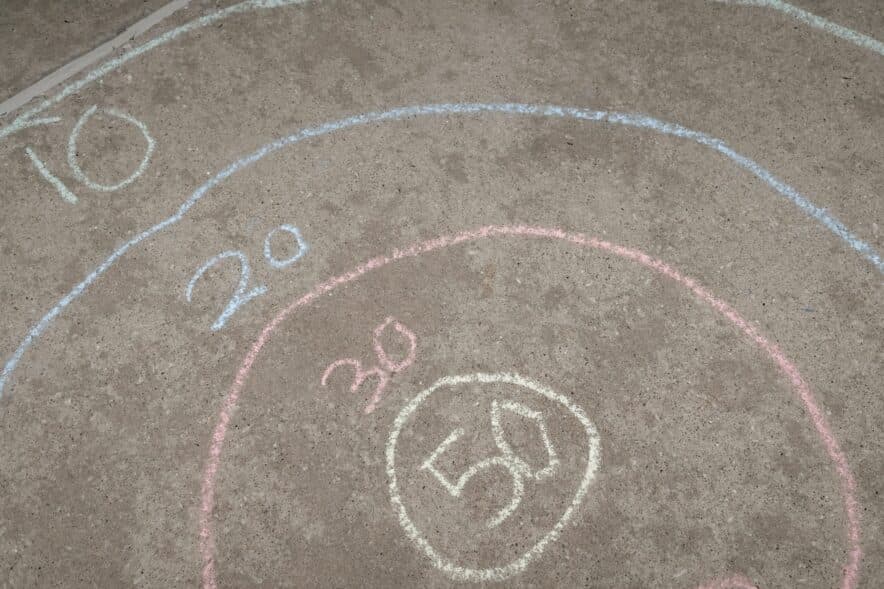Research
Children may instinctively know how to do division long before school, study finds

Freya Lucas
Oct 03, 2022
Save
Children may instinctively know how to do division even before hitting the books, a new study has found, showing that children can intuitively divide numbers at an early age.
The findings may help educators design new ways to teach formal arithmetic and benefit at-risk students.Published in Frontiers in Human Neuroscience the foundation for the study is the approximate number system (ANS), a well-established theory that says people (and even nonhuman primates) from an early age have an intuitive ability to compare and estimate large sets of objects without relying upon language or symbols.
For instance, under this non-symbolic system, a child can recognize that a group of 20 dots is bigger than a group of four dots, even when the four dots take up more space on a page. The ability to make finer approximations – say, 20 dots versus 17 dots – improves into adulthood.
Researchers studying ANS are interested in not just how decision makers think about numbers before formal education, but also how to apply those findings to the classroom.
A positive result would be especially significant for low-income children – who accounted for a majority of the school-age study participants – because they are more at risk for lower math scores as they progress through school.
“The ANS is universal, and finding ways to harness the ANS might be one of many important avenues to closing the achievement gap,” co-author Dr Elizabeth M Brannon explained.
Dr Brannon and the rest of the US-based research team performed several experiments to assess the ability of six- to nine-year-old children and college students to perform symbolic and non-symbolic approximate division.
The experiments were designed not only to test their hypotheses that children indeed possess the ability to perform these sorts of calculations in early childhood, but whether that number sense can be harnessed to improve mathematical learning later in life, Dr Brannon explained.
“This question is controversial because the existing data are mixed,” she explained. “However, our study gives some hope for that enterprise by showing that children can flexibly divide quantities and even symbols before they learn about formal division.”
To read the study in full please see here.
Don’t miss a thing
Related Articles



















